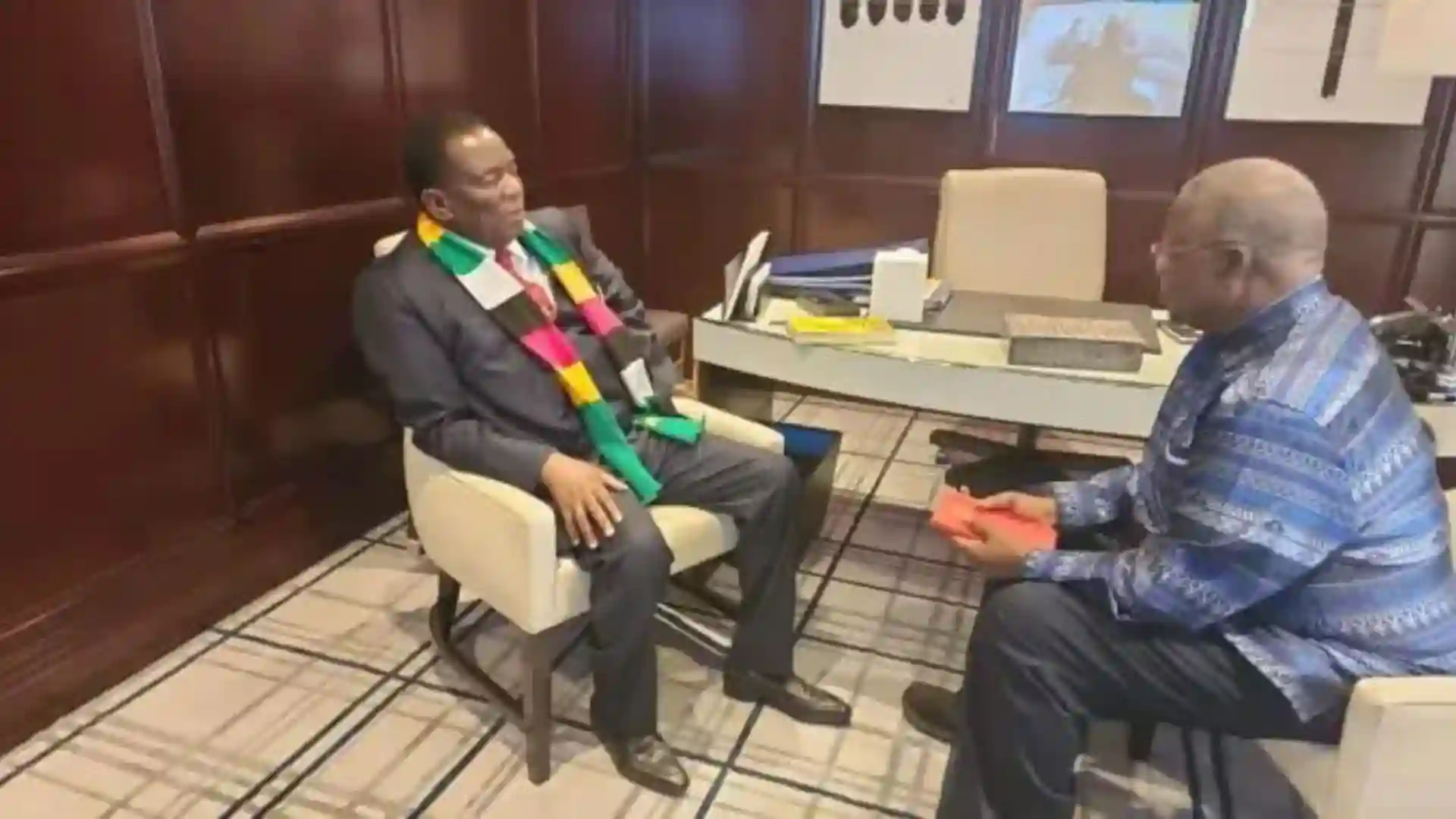Zimbabwe’s first Education minister, Dr Dzingai Mutumbuka, recently revealed that he almost lost his house, valued at US$600,000, to an organised syndicate of thieves operating in collaboration with the Deeds Registry Office and the judiciary. This shocking revelation highlights the pervasive nature of corruption in Zimbabwe and the vulnerability of property owners to fraudulent activities.
Mutumbuka, who served as the Minister of Education and Culture from 1980 to 1988, and later held senior management positions at the World Bank, has been embroiled in a legal battle to reclaim his property for the past two years.
What Transpired:
The case began when two individuals, Prosper Biziweck and Tatenda “Shaft” Wakatama, appeared in court facing forgery charges. It was alleged that they produced fake documents and sold Mutumbuka’s house, working in conjunction with accomplices and officials from the Deeds Registry offices.
The fraudsters managed to sell Mutumbuka’s house to Harrison Marange for a mere US$140,000, significantly below its actual value. Shockingly, High Court Justice Webster Chinamora, who has since resigned under a cloud of corruption charges, granted an order for Mutumbuka to vacate his own property.
Fortunately, Mutumbuka acted swiftly and appealed to the Supreme Court, and he is confident that he will ultimately recover the stolen title to his property. He says he has also raised concerns about rampant corruption in Zimbabwe during discussions with President Emmerson Mnangagwa. Mutumbuka emphasised that while prominent individuals may have some safeguard against corruption, ordinary citizens, particularly the poor, remain vulnerable to such nefarious activities.
Journalist Hopewell Chin’ono says the case serves as a warning and a grim reminder of the dangers posed by a corrupt system aided by collusion between fraudsters and state officials. It not only jeopardises the rights and investments of property owners but also undermines confidence in the country’s legal and justice systems. He says the incident carries implications beyond Mutumbuka’s personal experience, as it highlights the risks faced by Zimbabweans in the diaspora and potential international investors.

